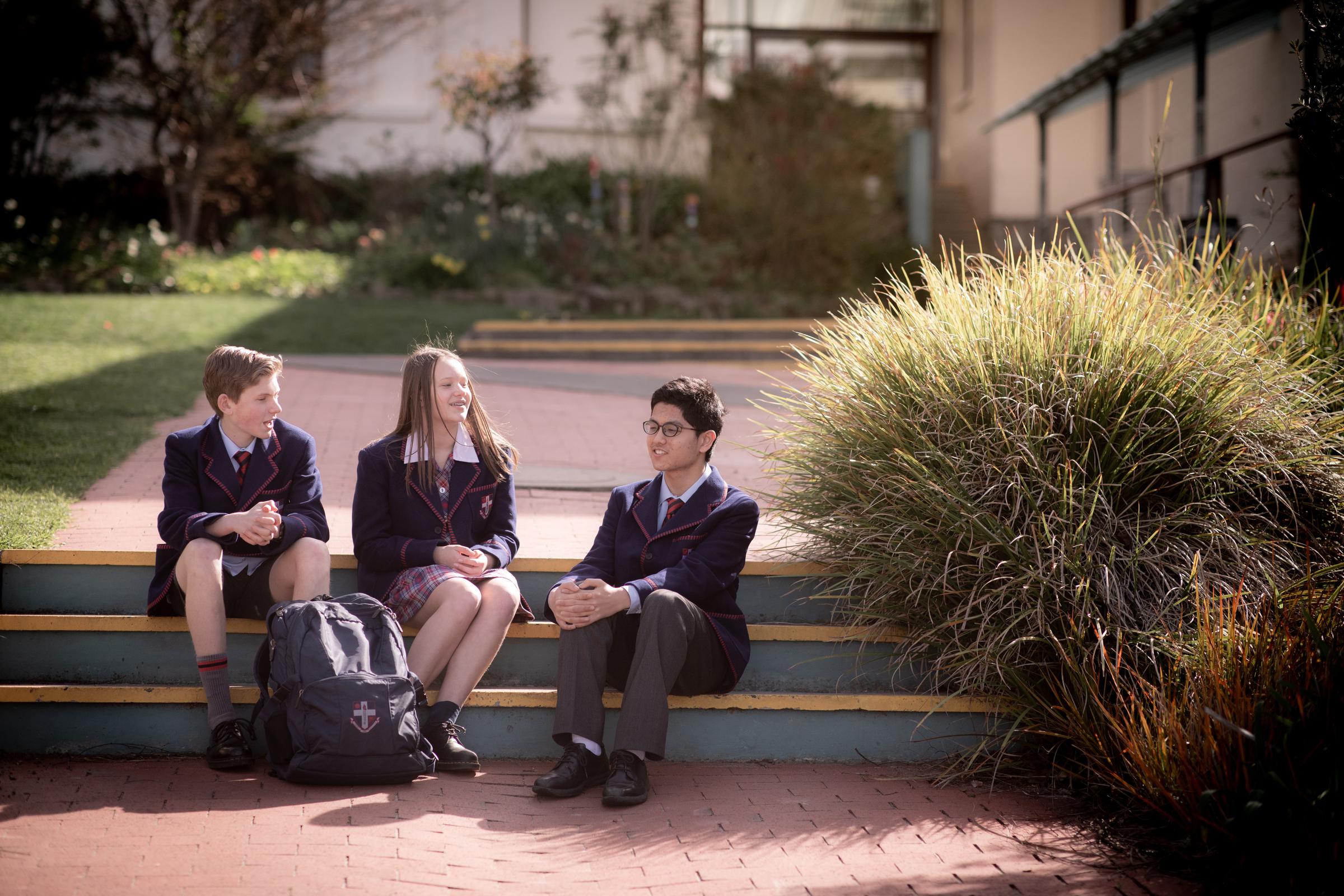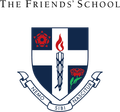Curriculum Structure

Students in Years 9 and 10 study a combination of compulsory and elective subjects. English, Mathematics, Science, Health and Physical Education are compulsory in Years 9 and 10, whilst Humanities is compulsory in Year 9. History is compulsory in Year 10.
All other subjects are optional and students can select from a range of subjects to build courses that suit individual capabilities and interests. Although a student may decide to specialise in The Arts, Languages, Humanities or Technology, we normally advise students to choose a balanced program covering a range of learning areas.
Semesters, Units and Lines
The academic year consists of two semesters with timetables prepared for each semester. Subjects are divided into semester-long units and are placed on a timetable consisting of nine lines. Each line accommodates one subject and has a time allocation of three one-hour lessons. A total of nine subjects complete a timetable in a given semester.
Subjects may be of 1-4 units in length and therefore range from one semester to two years in length. Some units are year-specific, whilst others are single units, which can be taken in either Year 9 or Year 10.
Building a Timetable
Students decide, after consultation with parents and teachers, which subjects they intend to take in their following year of study. All courses are reviewed at the end of each semester. In most cases the current choices remain, although, occasionally alterations are made as interests and needs change. Parents are kept fully informed and are involved in the process.
An individual student timetable for Semester 1 is generated from electronically submitted selections. It consists of nine subjects. Every effort is made to accommodate student choices but some subjects can only be offered when there is sufficient demand. Also, there may be particular combinations that cannot be fitted into the timetable. When making course choices, students will be asked to list subjects in order of preference so that those subjects given the highest priority are included.
At the start of Semester 2, students are issued with a new timetable that includes the continuation of the year-long compulsory subjects and any new or continuing electives, maintaining a total of nine subjects.
Pathways
It is important when selecting electives to consider pathways through Years 9 - 12 and beyond. Many Year 10 courses lead on from corresponding Year 9 courses. Students may choose some subjects at the end of Year 8 with the intention of studying them for two years through Years 9 and 10.
Most Year 9 elective courses can be taken without previous experience of the subject in Year 8. It is more challenging to pick up a Language in Year 9 without previous exposure and a decision to do this would be taken in consultation with appropriate staff.
It is sometimes appropriate for students to take individual units of two-unit or four-unit subjects rather than completing the whole course. It is recommended that students complete all units offered for most subjects.
Beyond Year 10
At our Years 11 and 12 Clemes campus the following pathways of study are offered:
- Tasmanian Certificate of Education (TCE)
- Vocational and Educational Training (VET)
- International Baccalaureate Diploma (IBDP).
Whichever program is being considered, it is important to check requirements carefully before choosing subjects. There are subjects in Year 11 and 12 that require specific background knowledge gained through Years 9 and 10 – in particular some Mathematics, Science and Language subjects. The Year 11–12 Course Book gives further information.
Tasmanian Certificate of Education (TCE)
There are no compulsory subjects and students may choose to specialise in a particular learning area or to keep options broad. A wide range of TCE subjects is offered. Currently, TCE courses run for one year.
Vocational Education and Training (VET)
The TCE can be taken alone or in conjunction with one or more Vocational Education and Training (VET) courses.
International Baccalaureate Diploma (IBDP)
All students who undertake the IBDP must do a Literature subject, a second language, and a Mathematical subject, as well as selections from the Humanities, Science and if desired, Art subjects.
The program is presented as a package with three common elements that incorporate Theory of Knowledge (TOK), Creativity, Action and Service (CAS) and an Extended Essay. Subjects in the IBDP are run as two-year courses.
